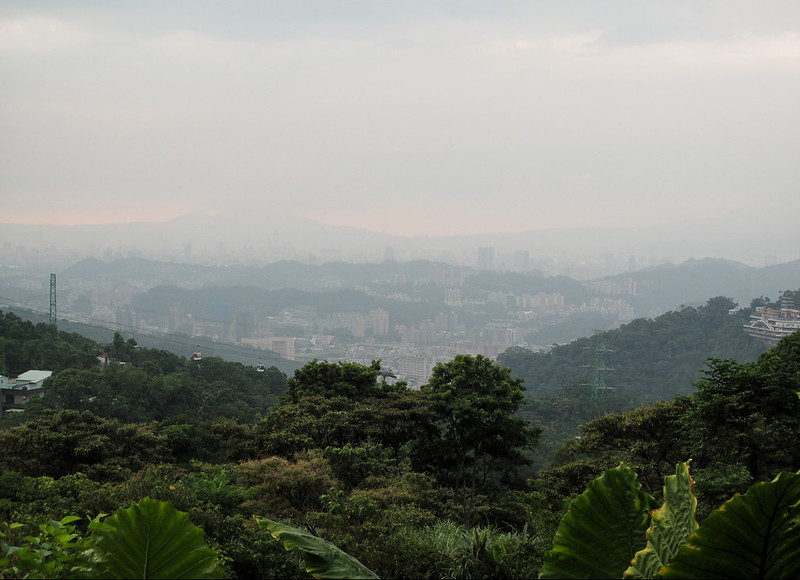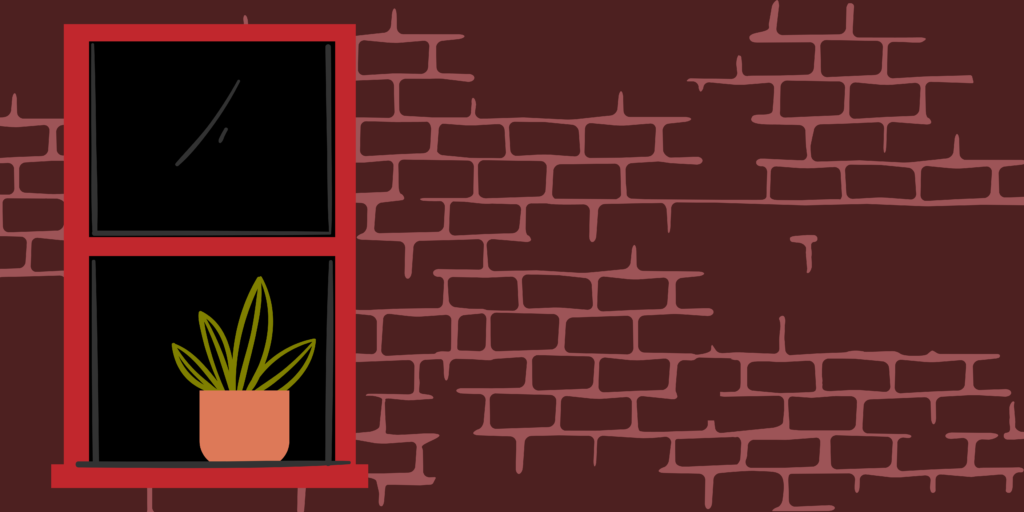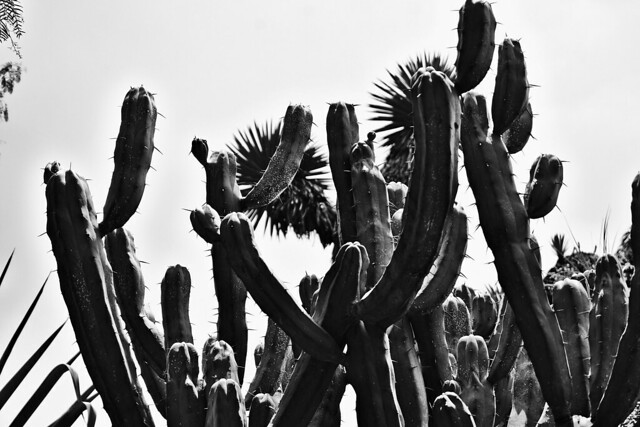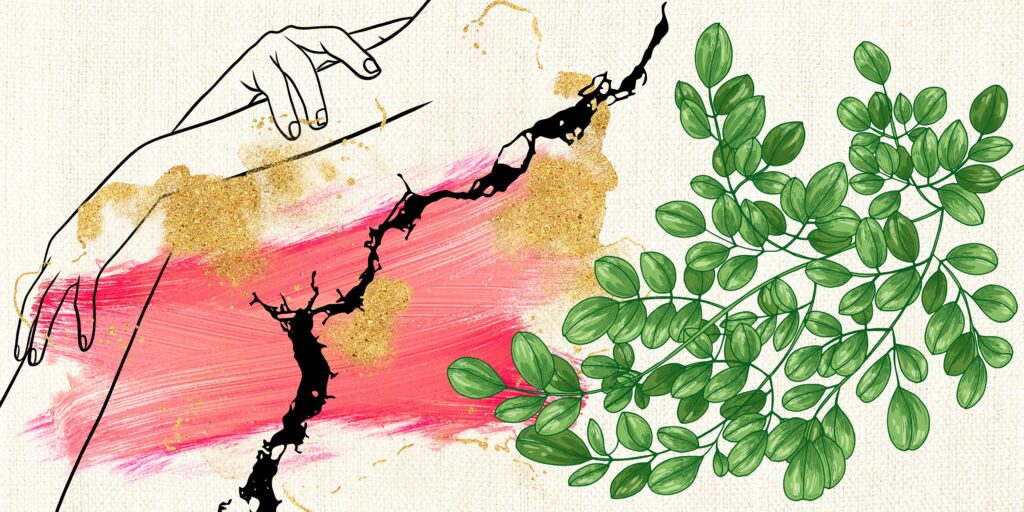Q: Why the impulse to traverse old habits? / A: I believe in the refusal to explain.

I open my eyes to let him go.
At twenty, when drafting my first poem about Taiwan, I wrote: Where I am from / summer
comes like a man / watching me, I am no longer human—Back then, the speaker was always me,
the poet. I wrote what I knew.
I live in a perpetual state of I don’t know is what you once said to me.
Imagine what I don’t know, I don’t know.
just thin breeze black hair / short nails high grass dirt-/colored rain—this discomfort was my
peace. If I had known then what was still to come.
One possible title for this poem: “Mountain Splitting.”
I Google it and find a Chinese myth. (The algorithm works.) It goes like this: a goddess falls in
love with a mortal. Eventually they marry and the goddess bears a half-god son. Then, from
heaven, the goddess’ brother becomes furious and decides to imprison her inside a lotus-like
mountain peak.
When the son grows up and learns this story, he travels to look for his mother. He meets a Daoist
master, who trains him and gives him a magical ax. With it, he defeats his uncle in combat and
splits open the mountain to free the goddess, his mother.
I don’t know if they rejoice. This part has not yet been written.
I write this from a stranger’s house, his cat sitting next to me. Twice a day, I fill up Bruno’s
bowl, and three times, I check his litterbox. I don’t feel lost even though I must find the spatula,
remote, coffee mug, towel. I admire the jade plant by the window. A wish to cradle a leaf green
between my fore and thumb, feel its curves.
Q: Why the impulse to bring back an old poem?
A: I do not believe in the concluding lines, is not where I am from. I am not from / not where I
am from I am not.
Q: Why the impulse to traverse old habits?
A: I believe in the refusal to explain.
I have done it again. I made a man my mountain and burrowed inside.
I write this from a coffee shop, holding Tina Chang’s Hybrida. It is becoming evident that jades
follow me. Their green touches me blue. What else touches? The lines at the end of “Fury”:
love and love and love and love and love
and love and love and love and love and
my mind, a cat I try to call down.
This morning, I wore blood-scent and a face. I put distance between this man and me, love and
me, I and me.
One origin of the verb to know means “to experience, live through” or “to have sexual
intercourse with.”
Is loving someone accepting the unknown?
I climb the mountain, this man. His rocks I get close to—I could kiss. I take my ax and almost
split. I stop, instead, to hear the child of myself inside reciting: Where I am from / everyone is
family except for me.
Unborrowed from rocks and salt and dirt and root, where I go from here, I don’t know.
When I was on Alishan, I woke at 4am to take a train to then walk to the top; climbed it to see
other mountains.
Across from me, the trees split your image, sliced again by the rising sun. Yushan, named for the
way the snow makes you translucent like
a jade. My stone
around your neck.
I could almost
touch you. I did
by not.



